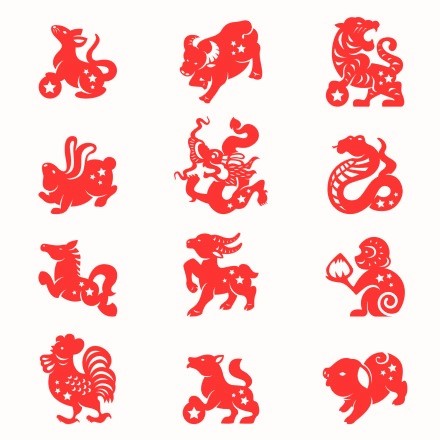The Chinese New Year is around the corner. First, let me wish you all the best in the new year.
Red is the colour of the Chinese New Year, symbolising joy and luck, that’s why all Chinese packets, scrolls, assorted snack boxes are all red in colour. For businessmen and investors, the symbol of fortune is important. Typically the stock market’s performance on the first trading day after the CNY holidays draws the most attention from investors. To invite good fortune, no matter how the index performs on the first trading day after the holidays, people refer to the market being closed in “red”. If the index opens or closes high, it is called “open/close high in red”. If the index opens or closes low, it is called “open/close low in red”.
Investors of course want the index to open and close high. However, this wish has not been fulfilled in the past few years. I have checked the past stock performance on the first trading day after the CNY holidays and summarized the information below.
| Year of the Pig (2019) | Open low | Close low |
| Year of the Dog (2018) | Open high | Close low |
| Year of the Rooster (2017) | Open low | Close low |
| Year of the Monkey (2016) | Open low | Close low |
| Year of the Goat (2015) | Open high | Close high |
| Year of the Horse(2014) | Open low | Close low |
| The last year of the Rat (2008) | Open low | Close low |
Despite the fact that some may treat the stock performance on the first trading day as a performance indicator for the coming year, such performance is not necessarily related to the market performance in the coming year. As Hong Kong is in a recession now, the stock market performance is likely to be affected. We should be cautious of risks when investing, stay alert to the changing fundamentals of companies. Besides, the geopolitical tensions in the Middle East may also have an impact on the global investment markets. Investors should also watch out for the global market risks during the CNY holidays.
Learn more: 2020 Investing during recession






